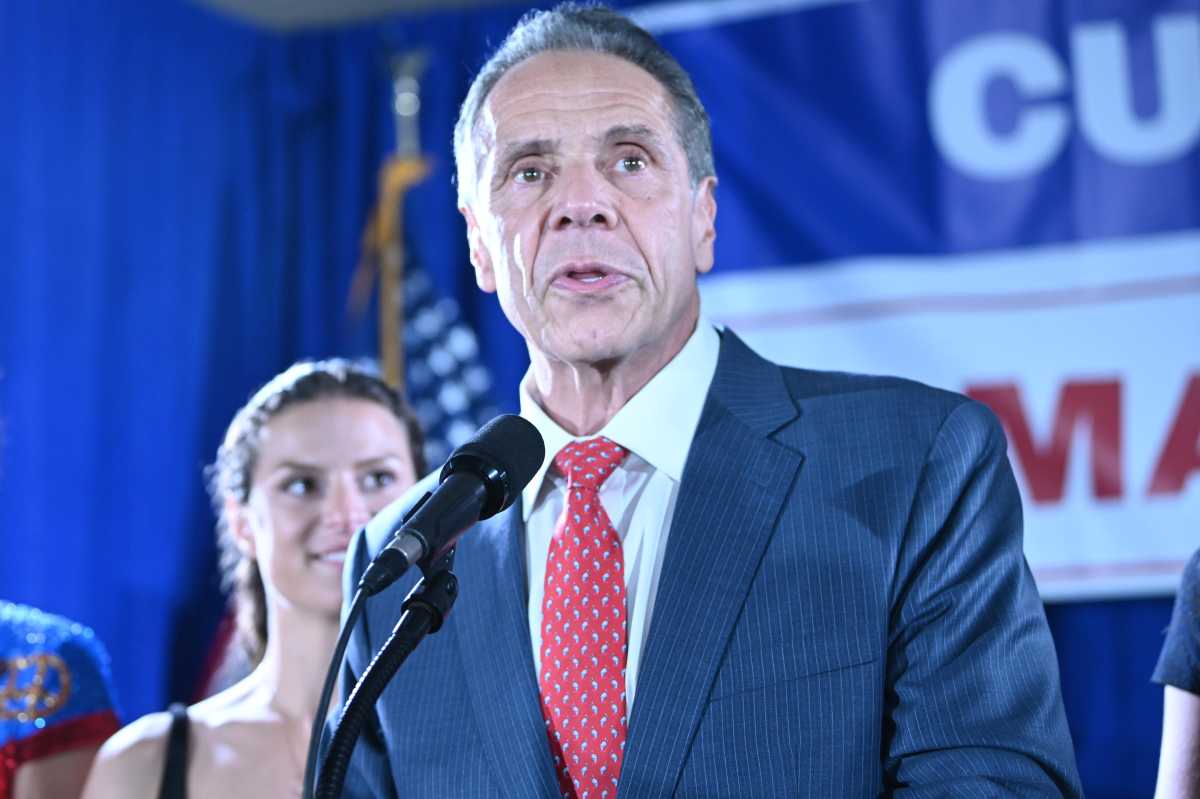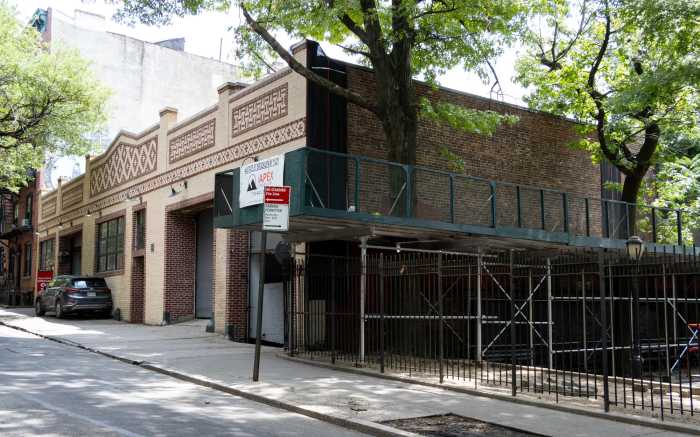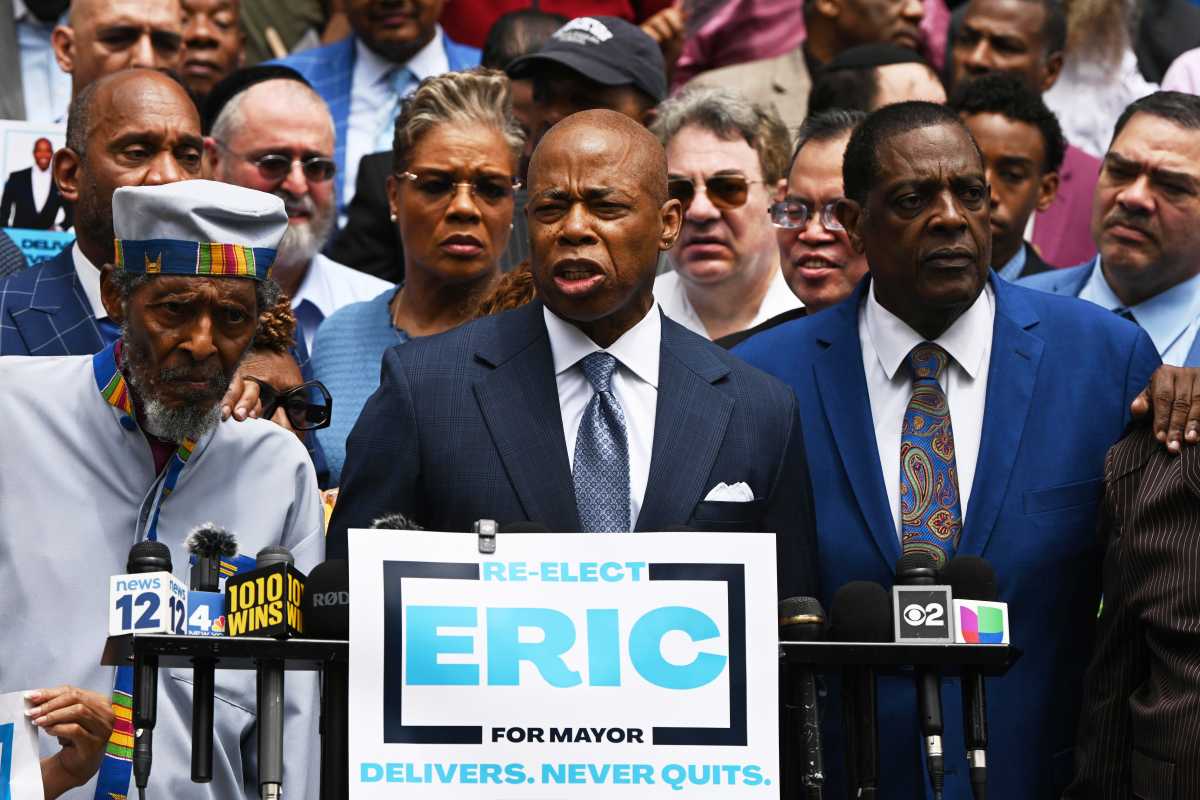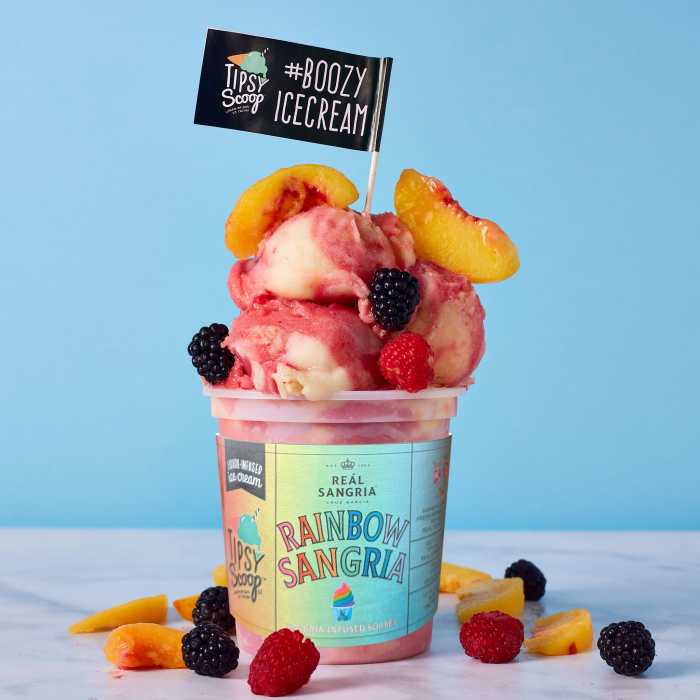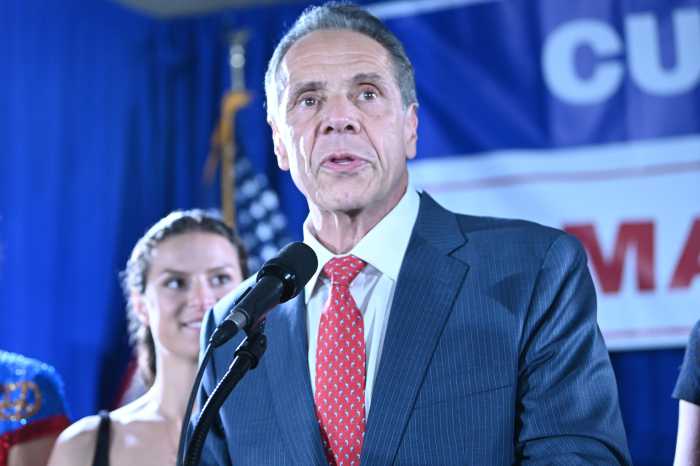The Park Slope Food Co-op is poised to ban the sale of bottled water, reaffirming the supermarket’s status as a hotbed of self-conscious environmentalism.
The ban, if approved by a vote of the Co-op’s 12,000 members, would apply to all plastic and glass bottles of water (though distilled and carbonated water would be exempt).
Co-op General Manager Joe Holtz predicted the proposal would pass this spring, thanks to the members-only supermarket’s famously environmental ethos.
“Even my 11-year-old daughter is aware of the transportation cost and energy waste that comes with plastic bottles,” said Park Sloper and Co-op member Katia Righetti. “I think everyone should start becoming aware of the problem.”
The problem is this: 30 million or so bottles end up in landfills every day, environmental experts say. The vast majority of the bottles are made from petroleum — roughly 1.5 million barrels of oil a year, enough to fuel 100,000 cars, according to the Earth Policy Institute.
Moreover, New York City tap water is generally better than bottled water, since city standards are more stringent than the Food and Drug Administration’s.
Such numbers are what motivated Food Co-op member Barbara Kancelbaum to put the issue on the local agenda.
In August, 2006 — during the height of the bottled water season — Kancelbaum sparked a discussion on the Park Slope Parents message board when she encouraged neighbors to kick their Aquafina addiction and get their Fiji fill at the tap.
She also suggested — in further Park Slope style — that locals “put aside $1 every time we don’t buy bottled water [for the month of August] and make a big donation to a local or national organization.”
This week, Kancelbaum told The Brooklyn Paper that she strongly supported the Co-op’s proposed ban.
“Bottled water is a completely unnecessary product for most people, and only serves to harm the environment,” she said.
The Co-op, on Union Street between Sixth and Seventh avenues, has long been miles ahead of the environmentalist curve. It began charging for plastic bags a good 20 years ago — an issue that only now are other stores confronting. And the Co-op has long prided itself on its organic and free-range products.
That said, at least one Co-op member described himself as “not terribly excited about banning bottled water.”
“We do have to attend to the effects the plastic has on the environment,” said Hugh English, a Park Slope resident. “However, what we are faced with constantly are these individual solutions, like banning plastic bottles, that don’t quite do enough.”
And, this being the Co-op, some ban supporters found a way to turn an environmental initiative into a class war.
“What bottled water does is create a class difference between those who can afford it and those who can’t,” said member Gene Glickman.
“Ostensibly, what we’re saying is that you can live longer and better if you can afford it.
“The people who are using the bottled water would be better off giving their money to purify the water supply for everyone.”
Neither Fiji nor Poland Spring responded to requests for comment. But both are well aware of the green trend.
Just recently, the Maine-based bottled-water giant began touting its “eco-shape bottle,” which it claims is made with 30-percent less plastic than the typical half-liter bottle. Meanwhile, the company that bottles water on the distant Pacific island has committed to acquiring 50 percent of its energy from renewable resources by 2010.


